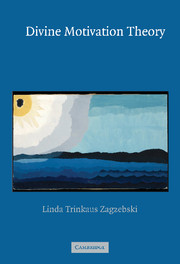9 - Ideal observers, ideal agents, and moral diversity
Published online by Cambridge University Press: 02 December 2009
Summary
How love the totally other without losing identity?
Vincent Cronin, The Wise Man from the WestTHE PROBLEM OF MORAL DISAGREEMENT
One of the most difficult problems for moral philosophy is unresolvable moral disagreement, either between persons in the same culture or between persons in different cultures. This problem is modern in origin. Clearly, that is not because disagreement has only recently been discovered, but because it was not previously thought to be a problem. The difference in attitude reflects an evolving view on the nature of the self, a change from which there is no turning back. We now commonly view the beliefs of others as being prima facie as rational as our own, so if our considered judgment is that they are not rational, we need a reason to think so. The mere fact that our beliefs are ours and theirs are theirs is not a sufficient reason to think that ours are more rational than theirs. And any reason to which we can point in support of a judgment that our beliefs are more rational than theirs all too often can be turned against us, sooner or later. The result is a sense of the fragility of our beliefs, including the moral beliefs that ground our acts, and some of these beliefs are closely connected to our sense of self. We are more conscious of self than in previous eras, largely because we are more conscious of the threats to it.
- Type
- Chapter
- Information
- Divine Motivation Theory , pp. 347 - 388Publisher: Cambridge University PressPrint publication year: 2004



